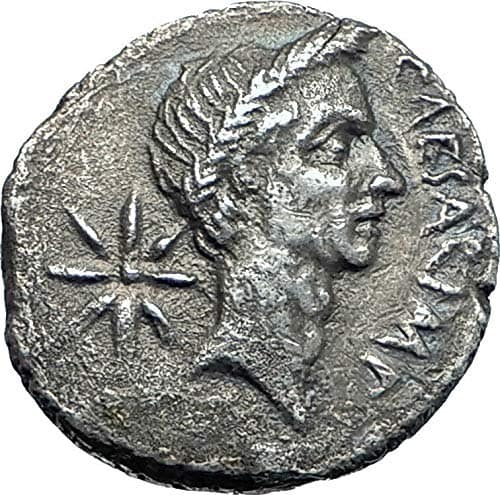 Gospel of 2 June 2020
Gospel of 2 June 2020
Tuesday of the Ninth Week in Ordinary Time
Mark 12:13-17
Give back to Caesar what belongs to Caesar and to God what belongs to God
The chief priests and the scribes and the elders sent to Jesus some Pharisees and some Herodians to catch him out in what he said. These came and said to him, ‘Master, we know you are an honest man, that you are not afraid of anyone, because a man’s rank means nothing to you, and that you teach the way of God in all honesty. Is it permissible to pay taxes to Caesar or not? Should we pay, yes or no?’ Seeing through their hypocrisy he said to them, ‘Why do you set this trap for me? Hand me a denarius and let me see it.’ They handed him one and he said, ‘Whose head is this? Whose name?’ ‘Caesar’s’ they told him. Jesus said to them, ‘Give back to Caesar what belongs to Caesar – and to God what belongs to God.’ This reply took them completely by surprise.
Reflexion
I always admire the vast difference between the way our local journalists ask questions of our local officials, and the manner in which foreign journalists drill officials from other countries and their spokesperson. Of course, one would readily notice the wide disparity in the quality of journalism. But more apparent is the level of hostility exhibited by foreign journalists, especially those notorious for “gotcha questions"; questions asked not because you want to get answers but asked in order to entrap and put the other person on the spot.
Today, we hear that same tone in the question posed by the enemies of Christ: “Is it permissible to pay taxes to Caesar or not?” You know it’s not a genuine question wanting an honest and helpful answer. Rather, you immediately smell the rat hidden behind the question . It’s meant to trick Jesus because whichever way He goes in answering this question, it would go bad for Him. If He says “yes,” He will be accused of being a collaborator with the hated pagan and oppressive Roman regime and considered a traitor among His people; if He answered “no,” He would have been accused of treason against the government. Whichever answer He gives, He would be nailed. That was precisely the motive of His enemies.
But our Lord offers an unusual answer that takes the discussion away from the political games of His detractors and raises it to the theological plain. Our Lord’s response to the question turns the tables on His questioners. Instead of them questioning Him, He now poses two questions to them of which the answers would be obvious, “Who’s head is this? Who’s name?” “Caesar!” Bingo! And then He follows up by stating the obvious: Give Caesar what is Caesar's, but give God what is God's. Now let them figure it out and determine who owns what.
But that still leaves us to try and figure out what Jesus meant here? The first thing to understand is how the idea of an “image” worked in the first century. Images denoted ownership in Jesus’ day. So saying “give back to Caesar what belongs to Caesar” here, wasn’t just a metaphor; it was literally true. That Roman currency actually belonged to the Roman emperor.
But then our Lord, takes it one step higher. He reminds them that the more important duty is to “give back to God what belongs to God.” If a Roman coin which has the image of Caesar on it belongs to Caesar, it follows that the “thing” which has the image of God imprinted on it should belong to God. What or who has this special imprint? The answer comes from the first chapter of the first book of the Bible. We, human beings, we who were “made in the image and likeness of God, we have the image of God on us. We belong to God. Whatever value there might be in haggling over where our taxes go to, there’s not just more, but infinitely much more value in determining where we truly belong and where we should render payment of what is due. Our entire being, everything which we possess, everything that we have accomplished, everything belongs to God.
Giving back to Caesar what belongs to Caesar, at the end of the day, is not such a controversial thing as our Lord’s enemies made it out to be. There are bigger issues. Caesar’s image on the coin was not a demand for worship, it was just a demonstration of ownership.
On the other hand, we, by virtue of the fact that we possess the imago Dei (the image of God), are reminded not only that God “owns” us but also that He loves us, something which Caesar failed to do with His subjects. God loved us so much that He gave us His only Son to be the atoning sacrifice for our sins. For that very reason, giving back to God can never be anything less than to love Him with all our hearts, with all our minds, and with all our beings. That is what worship is about. Giving back to God should never be a burden. We are merely giving back to Him what is already due to Him and even so, whatever we give to Him will never be enough to repay what He has given to us. So, yes, give back to Caesar what belongs to Caesar, but don’t forget: give back to God what belongs to God - which is everything!
